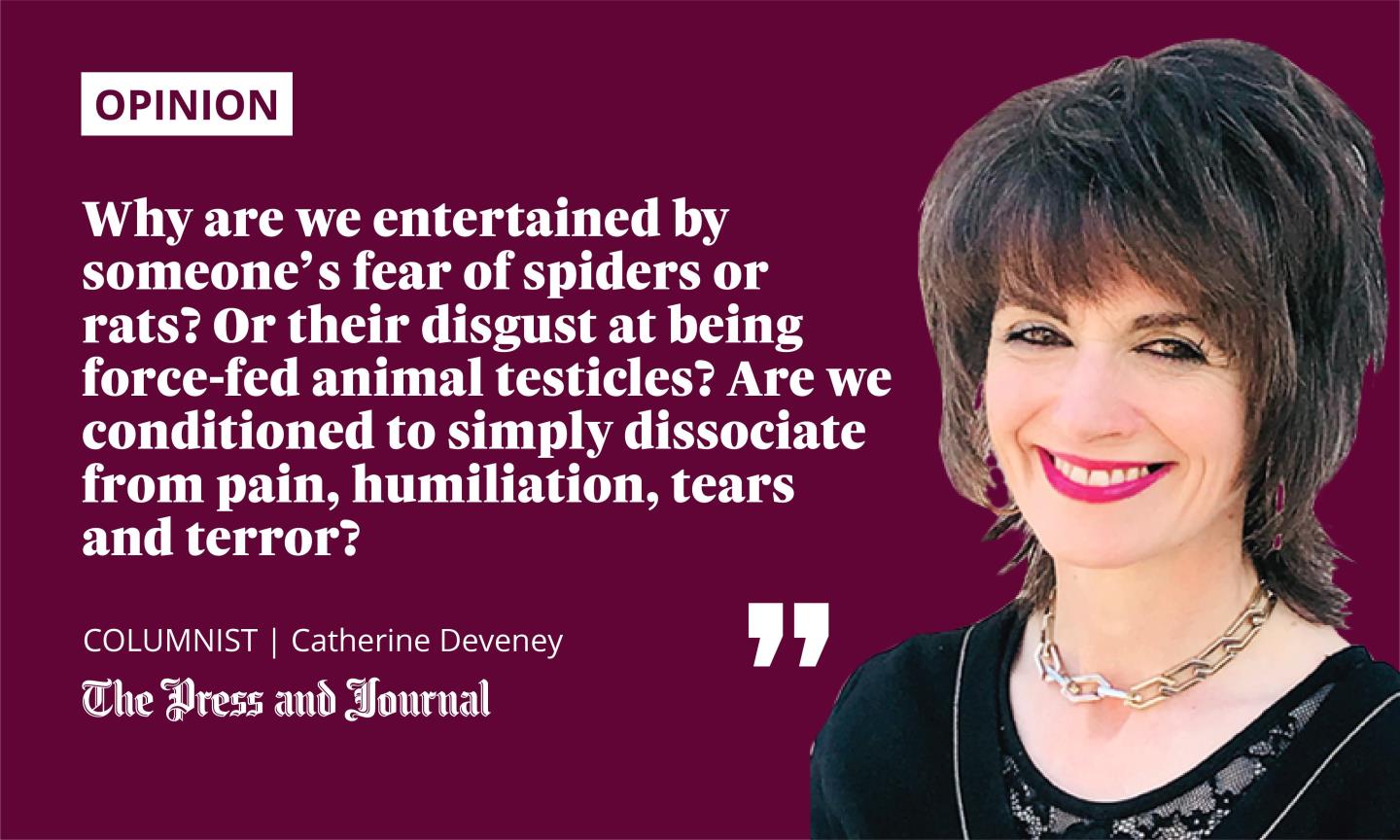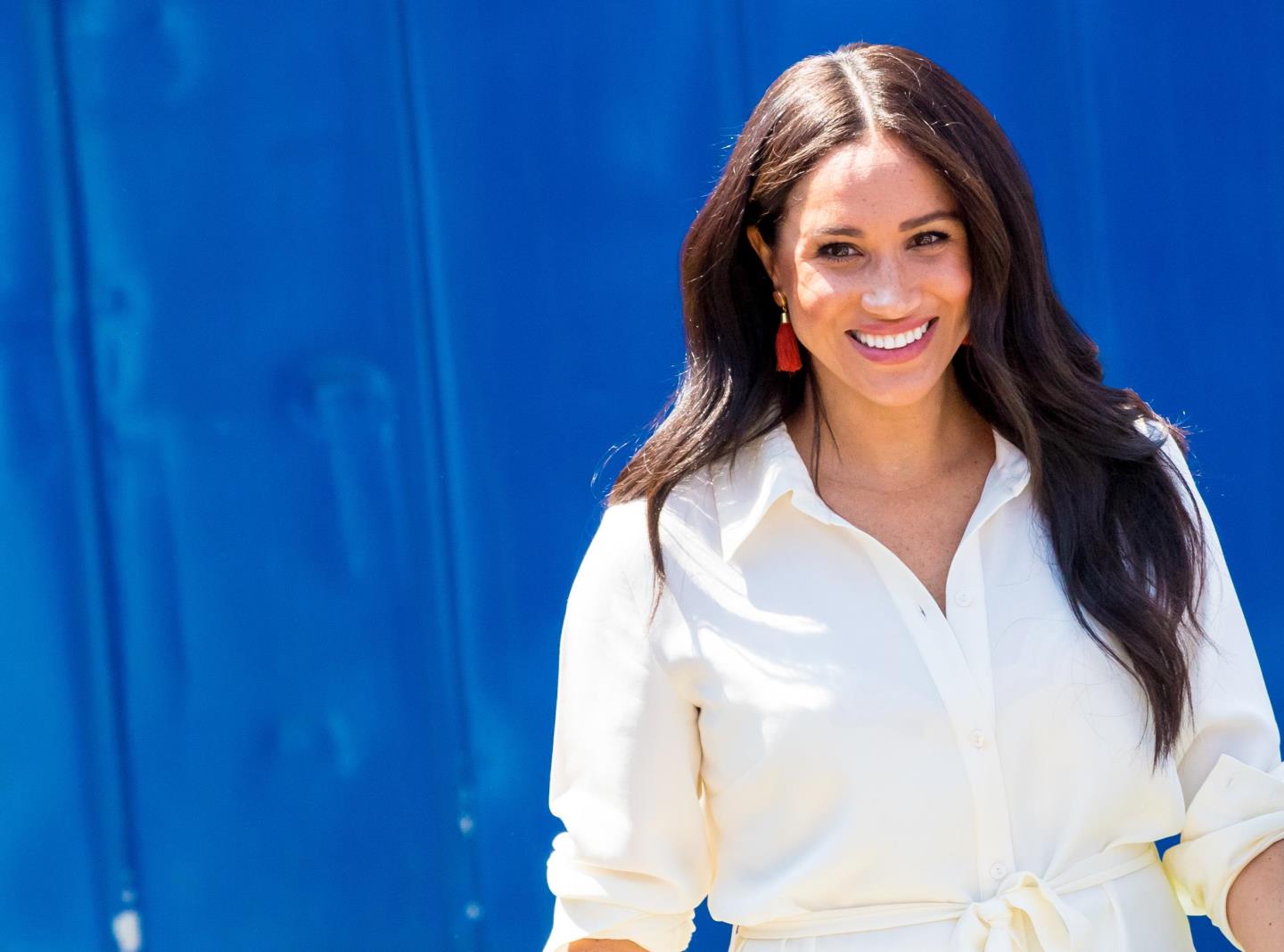Meghan Markle’s victory over the Mail on Sunday is certainly a game changer but, let’s be honest: it’s just the rule book that is being tinkered with, not the game itself.
As the recent BBC documentary, The Princes and the Press, shows, the nest of vipers that constitutes the royal household – or households, plural – is really like the ultimate game show, with divided camps, phoney loyalties, one-upmanship, and all the fear, jealousy and paranoia that inevitably accompanies that stuff. Innit to winnit.
There may be crowns and the whiff of Chanel but, ultimately, it’s just a royal version of Celebrity Big Brother. Or, in Harry and Meghan’s case, I’m a Celebrity… Get Me Out of Here.

The “king” or “queen” of the jungle will be crowned this weekend, the interviews plastering the tabloids that Markle criticises. What people often don’t realise is that celebrity journalism is a transaction. The public are the currency. The celeb is talking not so much to the journalist, but to the nation.
Be clear: they are not doing anyone a favour. They have something to sell, be that a film, a book, an album or something more nebulous: an image, a makeover or a damage limitation exercise. The journalist wants a story and the celebrity wants to be loved. And, sometimes, the journalist’s story means the celebrity is not going to be loved. That’s the risk. That’s the game.
There is an unacceptable cruelty about our public discourse
Markle knew that. Much has been made of the fact that she used the word “daddy” to “tug at the heartstrings” should her letter be made public. Was that dishonest? Maybe, but not necessarily. It doesn’t mean the letter was entirely insincere. It just means that Markle knew the rules of engagement.
She knew she didn’t have full control of events. And there are some important points in there. Firstly, the journalist is not always the one in the driving seat while the poor old celebrity is thrown around in the back of the taxi. Both have elements of control. And, secondly, journalistic communication is not an ethical one-way street. It’s a dual carriageway.
Professional frameworks – such as the Editors’ Code of Practice – form the highway code, but legislation also governs the journey. Markle won her legal case. What she perhaps didn’t win was the case in the court of public opinion. And, yet, there is something very important in her post-victory mission statement. “What matters most,” she said, “is that we are now collectively brave enough to reshape a tabloid industry that conditions people to be cruel, and profits from the lies and pain they create.”
The phrase “conditions people” is interesting. It’s true that we sometimes become passive recipients of news, ingesting what’s on offer without examining it properly. But just as crucial is that word “cruel” – an emotional word (like “daddy”) that, in the days following her victory, I have thought about. Markle is right: there is a cruelty about our public discourse that has become unacceptable, not just in the press but on social media and television.
We get whatever we are prepared to swallow
Which brings us back to this weekend’s I’m a Celebrity. Even here, there is transaction: the celebrities get money, exposure and the chance of a rejuvenated career. The public get “entertainment”. But why are we entertained by someone’s fear of spiders or rats? Or their disgust at being force-fed animal testicles? Are we conditioned to simply dissociate from pain, humiliation, tears and terror? To laugh at distress?
We get whatever we are prepared to swallow – and, frankly, I don’t want to swallow pig’s anus
Group dynamics are certainly legitimately fascinating to view. But not the dynamic of a public vote that consistently picks on the person considered most vulnerable to endure trial after trial. In any other context, it would be described as bullying.
The well-paid celebrities are not my main concern in this. The public conditioning that Markle highlights worries me more. I’m a Celebrity wraps up something essentially quite unpleasant in a façade of fun. It’s fronted by two cheeky chappie broadcasters, so genuinely funny and benign that we assume the product they present is, too. It isn’t.
It may be slightly disingenuous for Markle to shout “get us out of here” while continuing her campaign to win the publicity war. But she’s right to highlight the fact that all of us need to think more carefully about press rules of engagement, and the diet we consume, sometimes unthinkingly.
We get whatever we are prepared to swallow – and, frankly, I don’t want to swallow pig’s anus. What we need to remember is that the press should hold up a mirror to society, not the other way round.
Catherine Deveney is an award-winning investigative journalist, novelist and television presenter

